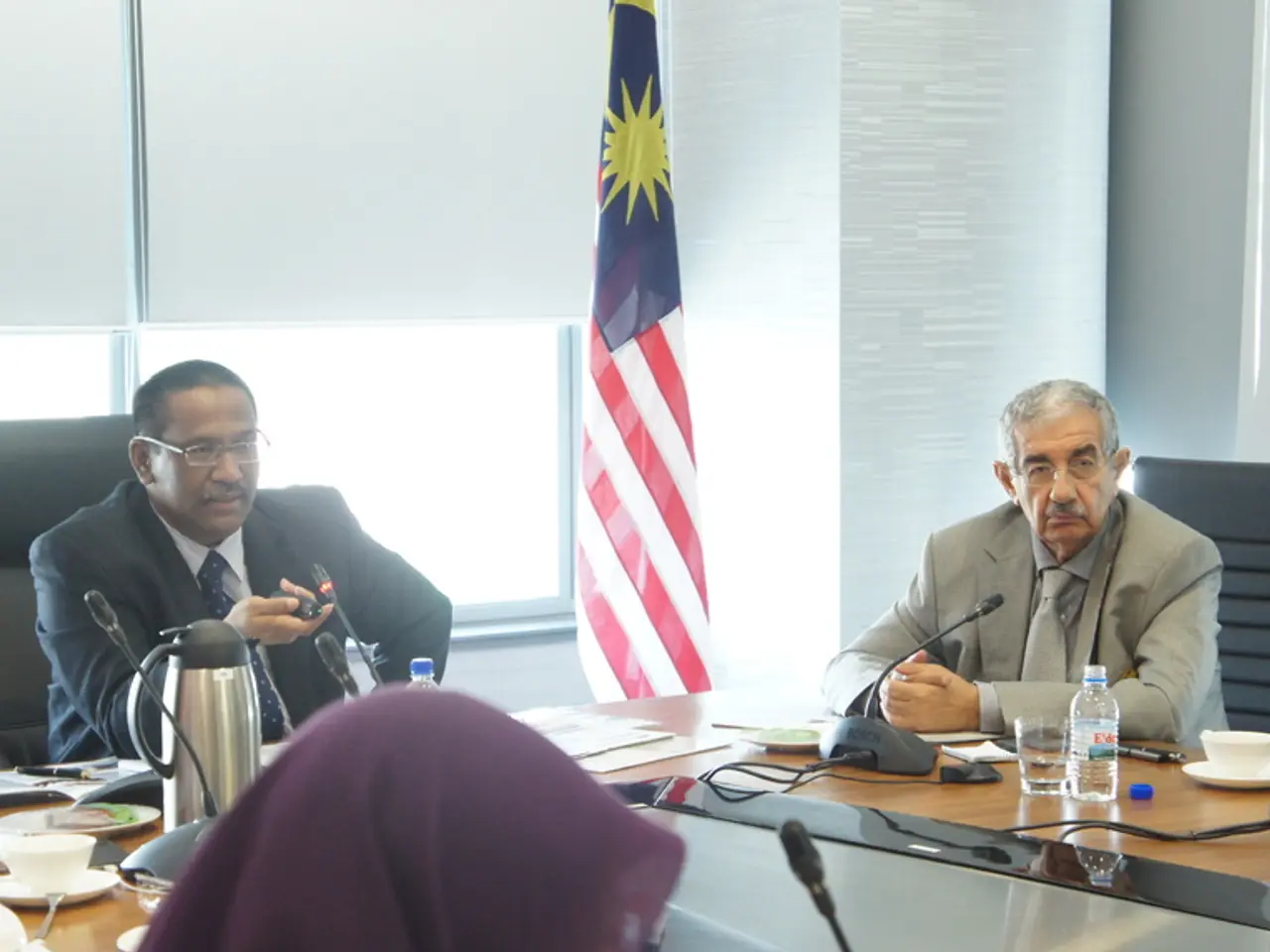A medical professional based in Ireland discusses his professional experiences while employed in Qatar
In an interview on a podcast, GP Paddy Davern, an Irish doctor who spent eight years working in Qatar, shares his traumatic experiences and ethical dilemmas faced during his tenure with the Special Operations Service (SOS) treating the country's royals and VIPs.
The podcast, presented by Sorcha Pollak and produced by Suzanne Brennan and Andrew McNair, delves into Davern's challenging experiences, offering a glimpse into the working environment for international doctors in Qatar. While the specific details from the episode are limited, it is clear that Davern faced significant professional and moral challenges.
Davern's account includes instances where he faced troubling interactions, such as the day of October 22nd, 2020, which he describes as the toughest of his eight-year tenure. During this incident, he was confronted by a patient with a history of addiction who pointed a gun at him. Davern states that he froze due to fear of being killed.
The podcast also discusses an incident in 2017, where Davern treated a Kenyan woman who had miscarried her twins but faced arrest due to lack of documentation proving her marriage. This incident underscores the potential ethical dilemmas that international doctors may encounter in Qatar.
Davern's experiences have left a lasting impact on him, and he warns international doctors to be cautious about working in Qatar due to the challenging conditions and ethical dilemmas. He also expresses concern about the potential harm that could befall a family member in similar situations.
The podcast features an interview with Irish Times health correspondent Shauna Bowers, who published an article about Davern's experiences. The article highlights the working conditions and ethical dilemmas Davern faced while working in Qatar.
It is important to note that while Qatar offers appealing career opportunities and formal support for international doctors, individual experiences like Davern's reveal that ethical dilemmas and difficult working conditions may arise, particularly in high-stakes medical roles tied to VIP care.
Despite the benefits such as structured onboarding, multicultural work environments, and career advancement opportunities, some doctors like Davern face underlying ethical and working condition challenges that are not typically highlighted in recruitment materials.
The podcast serves as a cautionary tale for international doctors considering a career in Qatar. It underscores the importance of thorough research and careful consideration before making such a decision.
Science and health-and-wellness professionals who deliberate on working in Qatar amidst general news of appealing career opportunities and formal support might want to take note of mental-health and ethical-dilemmas that GP Paddy Davern faced during his eight-year tenure with the Special Operations Service (SOS). In an instance of crime-and-justice, a Kenyan woman Davern treated in 2017 faced arrest due to lack of documentation, a scenario that illuminates the potential for such ethical dilemmas in the Qatari workplace-wellness environment. Overall, Davern's account presents a compelling argument for international doctors to undertake rigorous research and thoughtful consideration before deciding on a career in Qatar.




